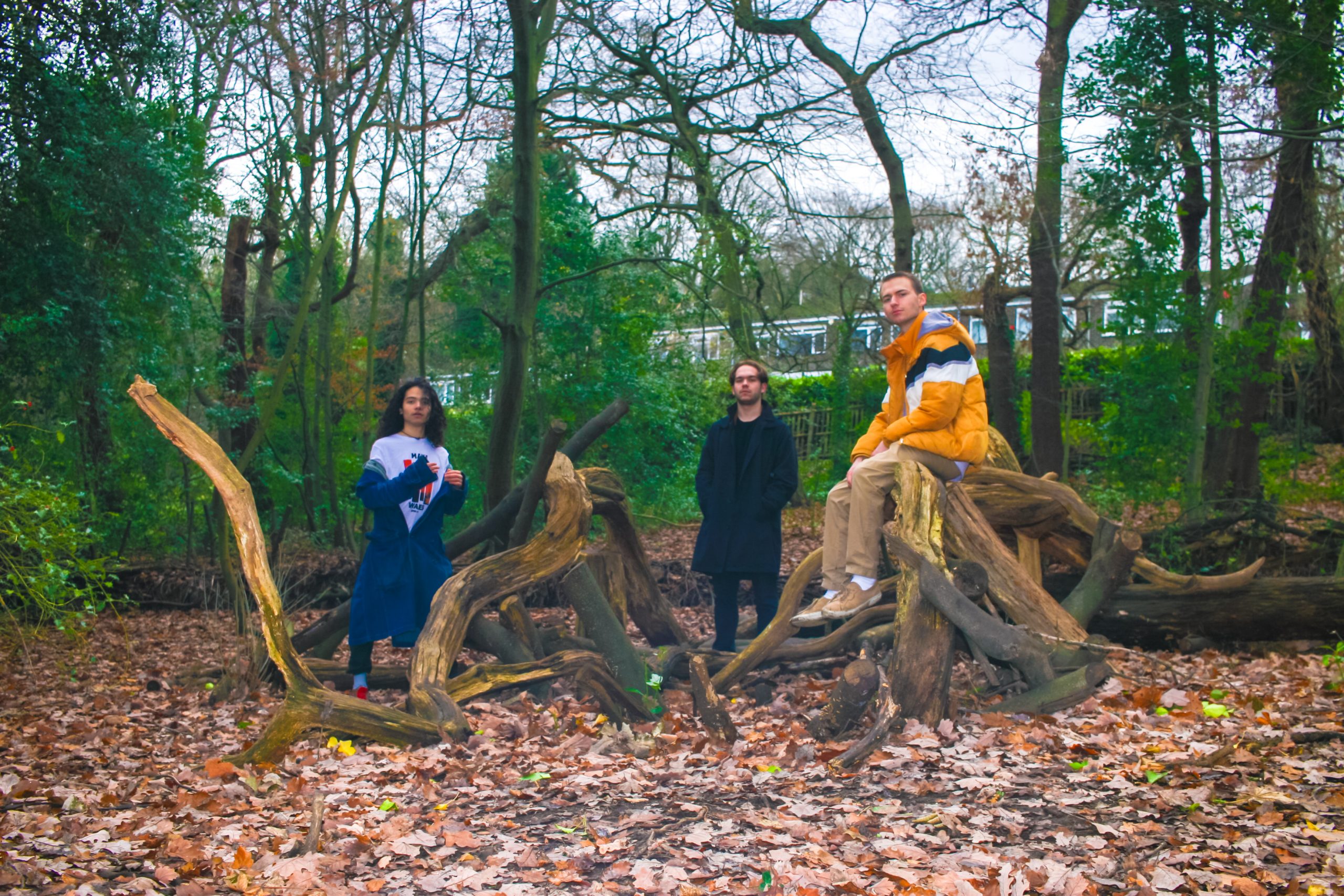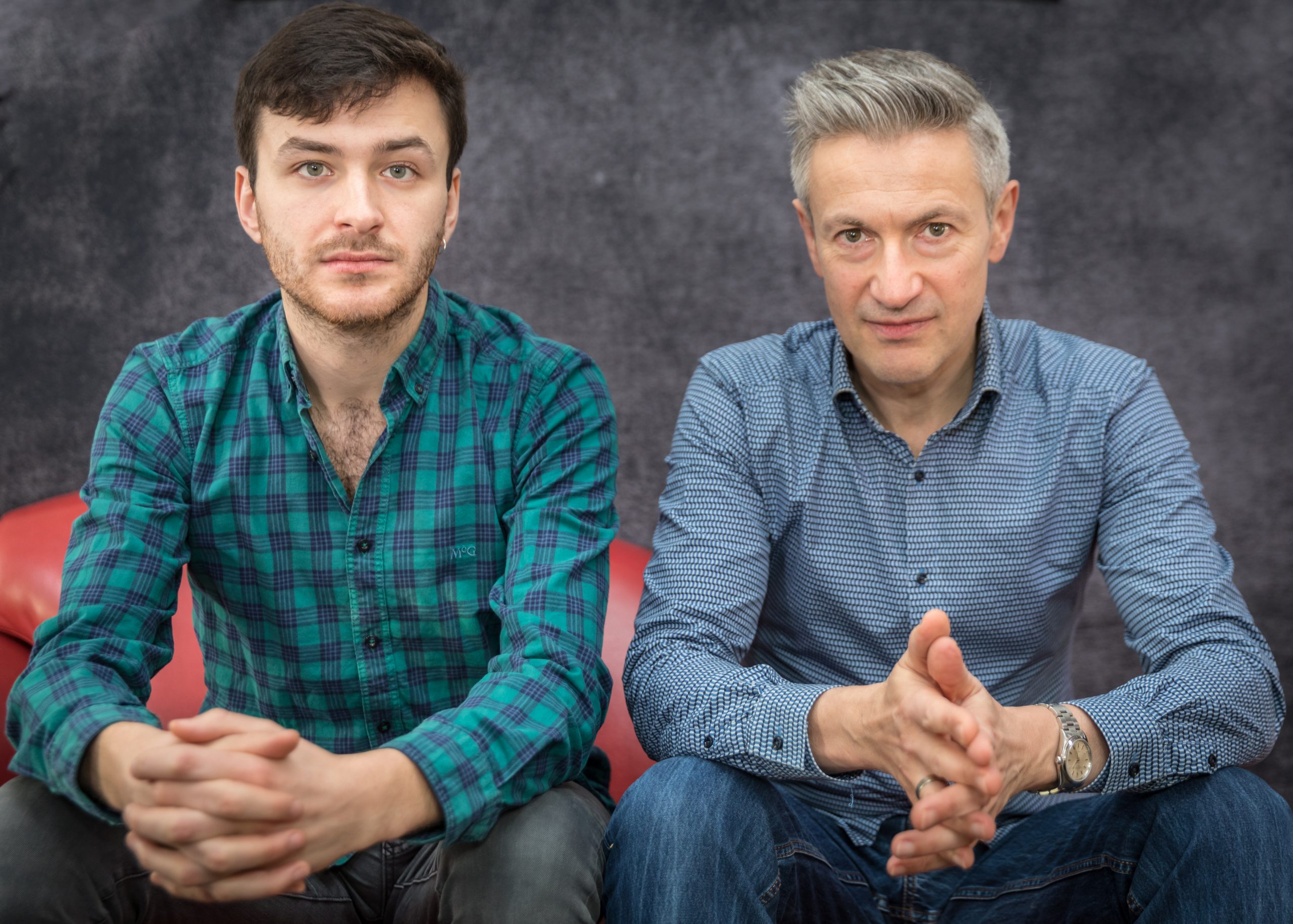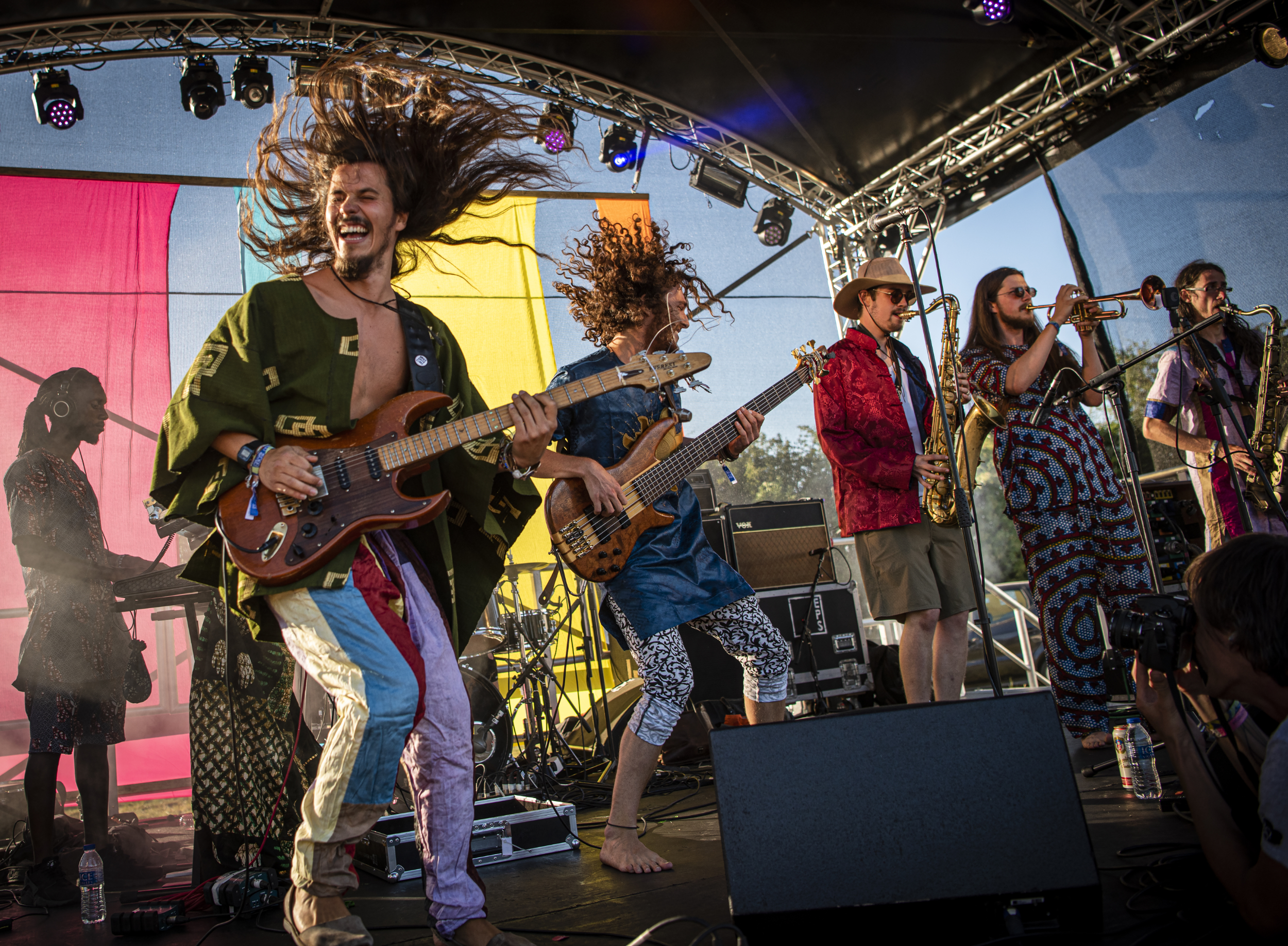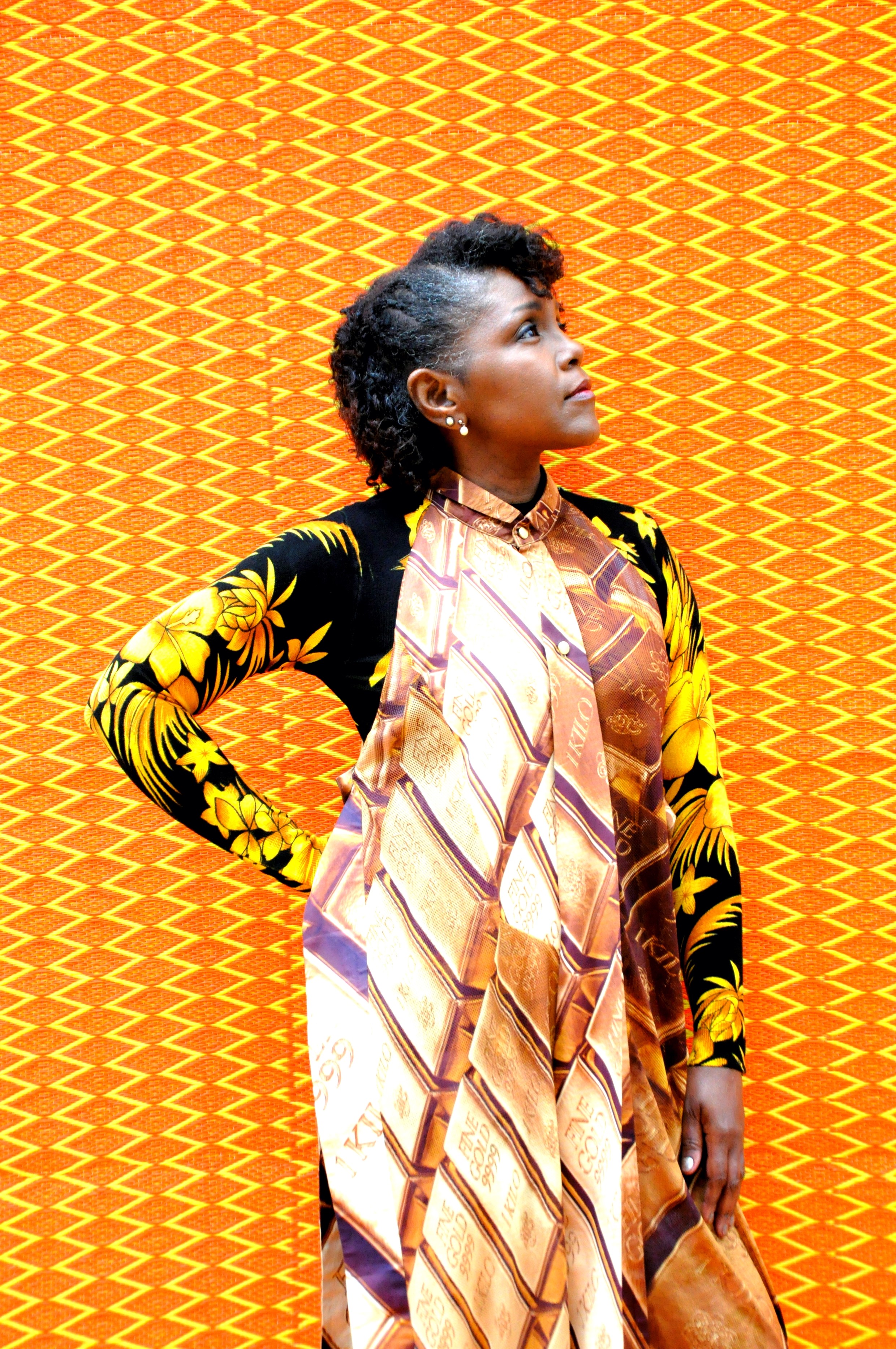Yadasofi Interview
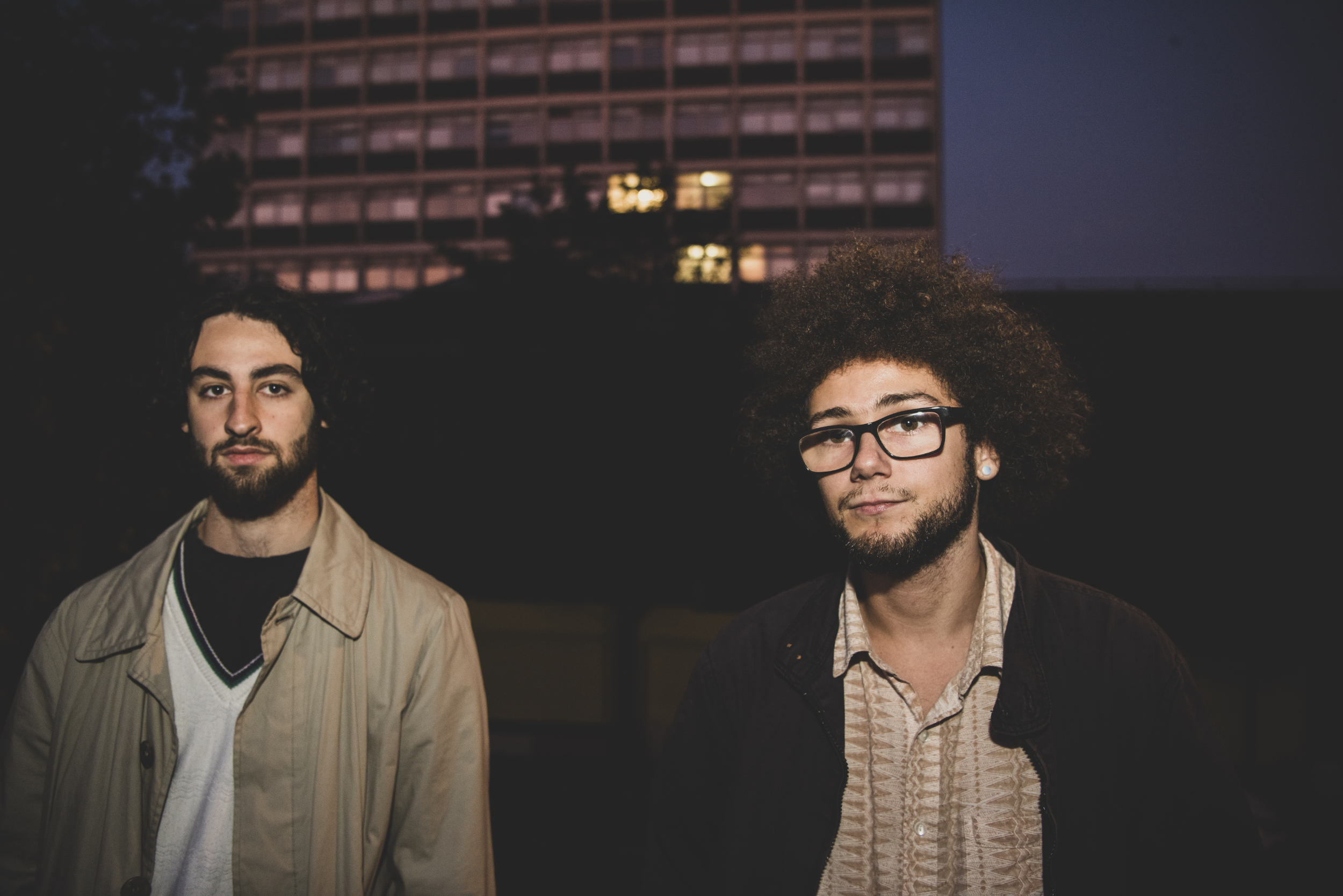
Drummer and composer Nadav Schneerson formed his jazz ensemble Yadasofi last year and since then they have gone on to release two singles and performed support slots for the likes of Joe Armon-Jones, Nubya Garcia and Maisha. Nadav was born in London but moved to Brighton when he was little and has lived there ever since. Growing up in Brighton, music was a major part of his childhood. “My dad has always been into playing music as a hobby, so when I was young there was always music around. We were always playing lots of records. I’ve now got my dad’s record collection, which is massive. There’s actually a lot of reggae in there. I listened to a lot of reggae when I was growing up, which has definitely influenced me.”
“I started playing drums when I was around 7 and leading up to that I had a darbuka in my house, which is a Middle Eastern drum, so I would always be banging on that, it eventually led me to getting a drum kit when I was 13, but I’d started lessons when I was 7. I’ve been drumming since then. It was only recently, when I was 16, that I got into jazz and I started exploring a lot of those avenues a lot more.”
By contrast, Yadasofi bassist George Richardson started off in Oxford. “I only left there about 6 years ago. I’ve always had music in my life, much more along the pop music side. The first thing I remember hearing as a child was Supergrass and their first release. Ever since then my Dad taught me little bits and bobs on the guitar. I took it up seriously when I was around 13 and then he started teaching me bass as well. As soon as I could play a few things, I started listening to a lot of punk, The Stranglers, The Jam and various different bands. It got to a point when I was around 18 or 19, I kind of just felt that I was playing the same thing over and over and getting a bit stagnant. So I went to college in Oxford and accidentally stumbled upon a Charles Mingus recording and it wasn’t actually the bass that blew me away, it was hearing a powerful drum solo. I’d never heard percussion expressed like that in pop music. It was a huge game changer for me and I started listening to a lot of Mingus, which took me a long time to get into, but once it finally clicked, it really resonated with me.”
Nadav recalls reaching a plateau in his drumming, “From the age of 10 to about 16, I hadn’t improved for 6 years and I was playing the same thing over and over. At 16 I was going stagnant. I wasn’t going anywhere with my playing. I felt like I needed a change. I started looking into jazz. My mum had a friend who was a jazz drummer, so I got some lessons from him, to introduce myself to the concept. It took me some time to ease in, but as I did I started really getting into people like John Coltrane, Elvin Jones and Art Blakey. Because of that I started getting more into it. Honestly, I think it’s been a constant improvement since then – I’ve been trying new things almost every day. As well as that, I started listening to a lot of Israeli jazz, which has been a massive influence on me. I’ve been learning more about composition, about arrangements and I’m learning a lot more about world rhythms as well.”
Bassist George made the move to Brighton as he was frustrated with the music scene in Oxford. “The scene was quite quiet and not very varied. I moved to Brighton and decided to buy a double bass. I then spent the next 3 years learning how to play it competently, after that I started getting more into world music. I listened to a lot of Latin and African music. Where me and Nadav crossed heads was when we both started listening to Israeli music and started talking about that. On the jazz side, my favourite players would be Paul Chambers, Jimmy Blanton with Duke Ellington and modern bass players Avishai Cohen, and on the Latin side I really like the work of Cachao and Cachaíto. They’re really, really amazing.”
Nadav started Yadasofi in 2018 but its origins date back to his final college project. “I had no clue what to do, so I decided to write some music. Within the space of four or five months I had written the music and then had to look for the band. I found George by asking someone else who couldn’t do it and they recommended George. That’s how I met him. Since then we’ve been playing a lot together.”
Yadasofi’s first recordings were the singles Negev and Simcha, though Nadav states, “The first recording that we’ve done is actually quite a different line-up to what we have now. I’d known the keys player Max Avery through my brother and he helped me create the line-up. And I just know the tenor player, Ollie Cummings, from around. Will Humphreys was through Max, and Jack Kendon on trumpet, I just knew him from gigs. The line up is ever-changing. The core front of it is me, George, Tommy Peach on trumpet and Will Heaton on trombone. We’re going to expand that further after I move to London, with players out there.”
George is pleased with the way that the band operates. “One thing that’s been really good about all the music so far and the way we’ve fitted together as a band is that we’re quite new to this, in some ways. Rather than coming at it from a strict, schooled perspective we end up discovering new things and then feel our way around it. That gives us that way of interpreting it with our own voice. Learning just comes naturally over a period of time. That first attempt, it just gives you your own sound when you do something you’re not familiar with.”
When asked if there’s a composition of his that is special to him, Nadav is confident with his answer, “I like this question. The most recent tune that I’ve written is called House of Pillars, which translates to Beit Haamudim, which is this nice little jazz club in Tel Aviv. I love going there. Every time I go it’s got some great music, a great vibe, and you’ll find lots of great Israeli jazz musicians playing there. I wrote the majority of the tune during a visit to Tel Aviv and it’s influenced by that. It’s very Middle Eastern.”
For George the tune has special memories, “When Nadav first played it to me, the kind of feeling and imagery that I got was a busy Middle Eastern marketplace kind of vibe, and music that is very typical of the Middle East in terms of the use of notes and scales.
Nadav is clear about his influences and his direction, “A lot of my new compositions are influenced by bass player/composer Omer Avital. I do think that House of Pillars is heavily influenced by him. It had actually been an idea which grew. One of the sections was influenced by speaking to Omer’s sax player at this jazz club. I had asked him about Middle Eastern scales and his compositions, and he just said something along the lines of ‘just write what sounds good to you’. So I went off and I just didn’t worry about trying to fit in a scale, I just let my freedom take it wherever it would go.”
With Nadav already starting the jazz course at Middlesex University, the future brings new possibilities. “In early 2020 we’re planning on releasing an EP, on vinyl as well. That will be all new tunes so keep an eye out for that.”
Yadasofi
20th October
Wild Paths Festival, Norwich
The singles Negev and Simcha are available on Bandcamp.
Interview by Charlie Anderson
Photography by Lisa Wormsley

